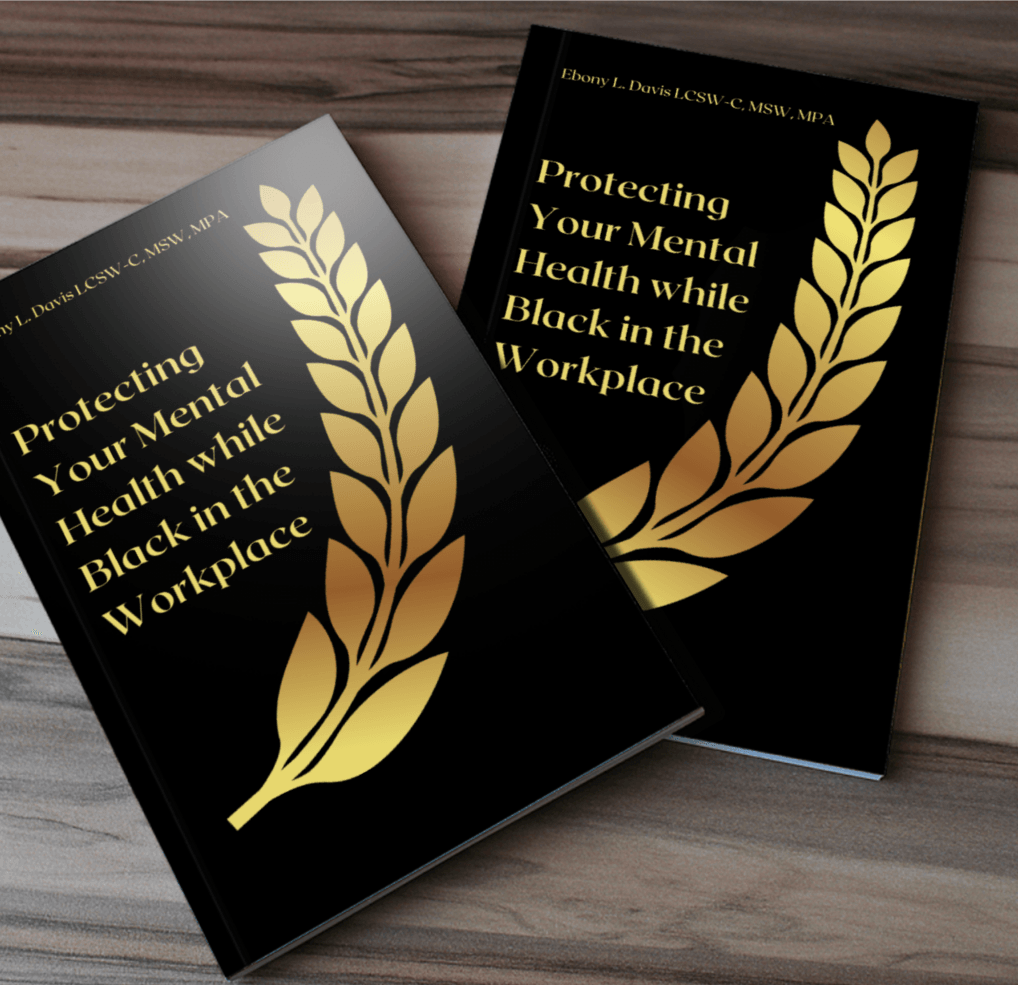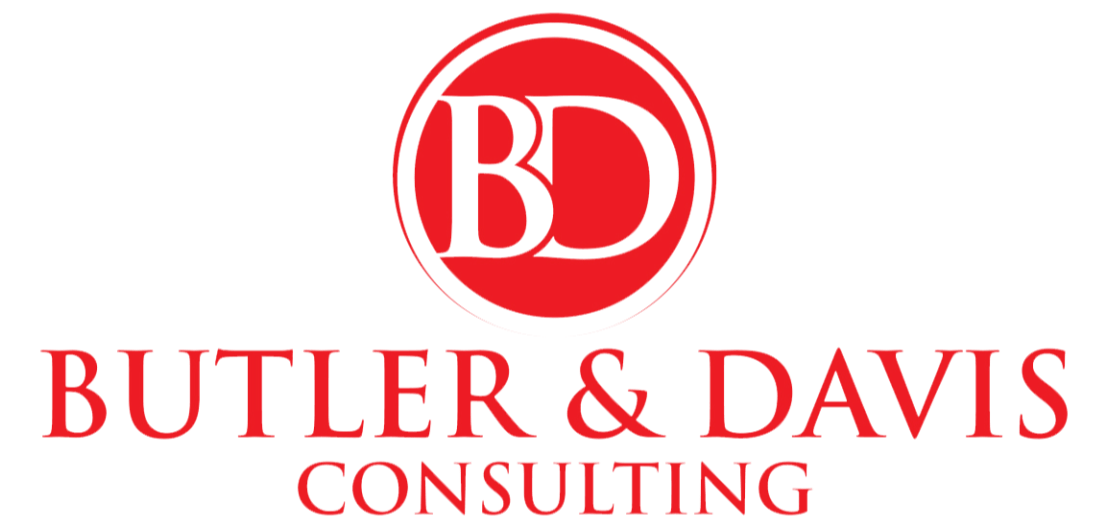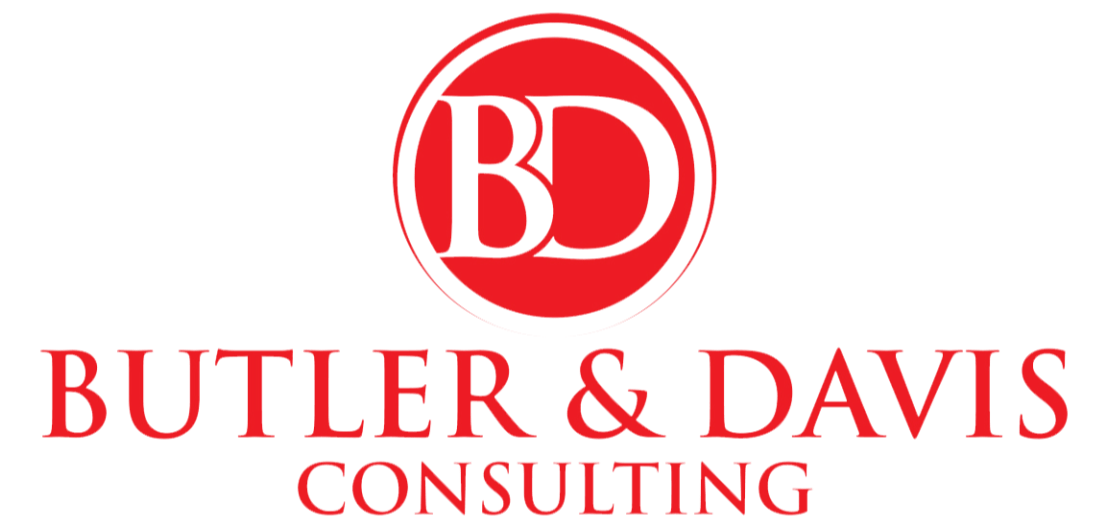
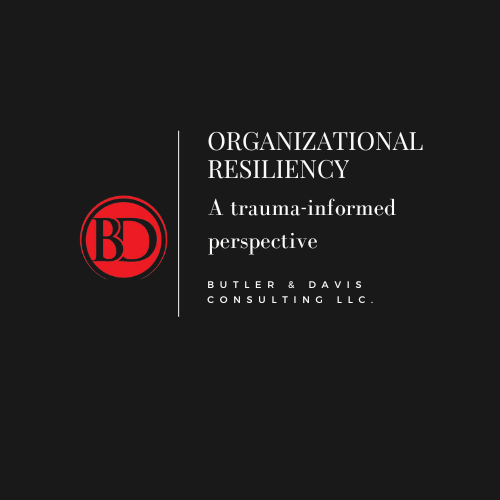
The goal of this training is to educate organizations on how to prevent adverse childhood experiences and create holistic mission-oriented services. Topics covered include adverse childhood experiences, urban trauma, racial trauma, the impacts of trauma on clients and vicarious trauma on staff, social capital and the importance of a top-down approach to organizations in supporting and pushing for equity and social justice in the workplace and the community. Participants completing this course will be able to discuss and explain how becoming trauma-informed upholds the social work values and ethical principles of social justice, advocacy, self-care, integrity, dignity and self-worth.
Organizational Resiliency: A Trauma-Informed Perspective
The workplace is facing unique challenges and opportunities in the 21st Century. It offers the opportunity to build bridges across identities and ideologies and presents the problem of being a primary contributor to financial and social inequities. This is increasingly important for those who work with the public, as a disjointed workforce can do more harm than good to the community they wish to serve. Our Organizational Resiliency Training Series is designed to address many workplace challenges to include collaboration, staff wellness and client engagement. By utilizing the parallel process of becoming trauma-informed, we dissect counterproductive behaviors, attitudes, and policies that impede serving the community, maintaining staff wellness, and retaining competent and healthy staff. This parallel process of becoming trauma-informed provides organizations with a framework that moves them away from addressing dysfunction as a culmination of individual actions; and instead creates processes for communication, problem-solving and community engagement. Ultimately, this process is designed to support building a prosocial and protective workplace that responds to both staff and clients' needs.
Level: Beginner
Duration: 1 hour
Video Time: 4 hour
Author: Ebony L. Davis LCSW-C
Learners: 95+
Use code FREE100 at checkout to get this course for free
This course has the following learning objectives:


Identify and summarize adverse childhood experiences and their impact on wellness into adulthood.
Generate three reasons why preventing adverse childhood experiences supports an inclusive workplace and anti-racist practices.
Describe the widespread impact of trauma on consumers and the staff that serves them.
Define and explain the fundamental principles of vicarious trauma and trauma-informed organizations.
Generate three examples of how a trauma-informed workplace prevents adverse childhood experiences and supports inclusive workplace.
Define and summarize attributes of resiliency.
Describe the process of how to conduct a trauma-informed organizational assessment.
Construct a communication strategy that includes formally and informally obtaining staff and consumer feedback.
Describe the process of identifying and prioritizing organizational resources and resource gaps.
Explain the steps in building and maintaining community partnerships
Analyze administrative capacity-building and how a trauma-informed framework can be used to prioritize policy gaps and the gathering of resources.
Course Lessons
Introduction
Free
Welcome to Organizational Resiliency – A Trauma-Informed Perspective. This training is designed to help you critically think about and develop solutions to the most challenging problems facing organizations. To earn credit toward this course, please read all the material, watch all the videos, read through additional reading material and answer all the quizzes. Multiple choice, matching, and true or false quizzes will let you know if you passed immediately. You will have up to ten times to pass quizzes. Short answer questions cannot be bypassed but are not mandatory for earning your certificate. Short answer questions are designed to help your reflect on what you have learned. Please note that you will have six months to complete the on-demand training. After six months, you lose access to training content and will need to purchase an extension.
The Purpose of Work
Free
Philosophical Approaches to Work and Labor
Free
Throughout history, philosophers have debated whether work should be our primary focus in life or if it should be considered as a means only to provide for our lifestyle. “Traditional Confucian thought, for instance, embraces hard work, perseverance, the maintenance of professional relations, and identification with organizational values. […] The ancient Mediterranean tradition, exemplified by Plato and Aristotle, admired craft and knowledge-driven productive activity while also espousing the necessity of leisure and freedom for a virtuous life” (Cholbi, 2023). There is no correct answer regarding the purpose and priority of work in one’s life. However, what is true, is that work has to align with your unique individual values and cultural preferences.
Trauma
Free
What does this mean for helping organizations?
Free
Resilience
Free
The Road Map
Free
Organizational Healing
Free
Empowering consumers
Free
Instructor
Ebony Davis MSW, MPA, LCSW-C
Ms. Ebony Davis serves as our Lead Consultant and is dedicated to building pathways for disenfranchised communities to move up the social, political, and economic ladder. She has over 15 years of experience in project management, training, technical assistance, behavioral health, and working with high-risk populations. She is a graduate from the University of Maryland Baltimore County where she received her Bachelor of Arts in Psychology and from the University of Southern California where she received her Master of Social Work and Master of Public Administration. Additionally, Ms. Davis is a Licensed Clinical Social Worker in the State of Maryland.Ebony comes with many diverse experiences to include working with the Department of Defense, Federal Emergency Management Agency, YMCA, Crystal Stairs Inc., and the Office of the Public Defender. During her free time, she enjoys spending time with her family and friends, traveling and dancing.





Latest from our blog
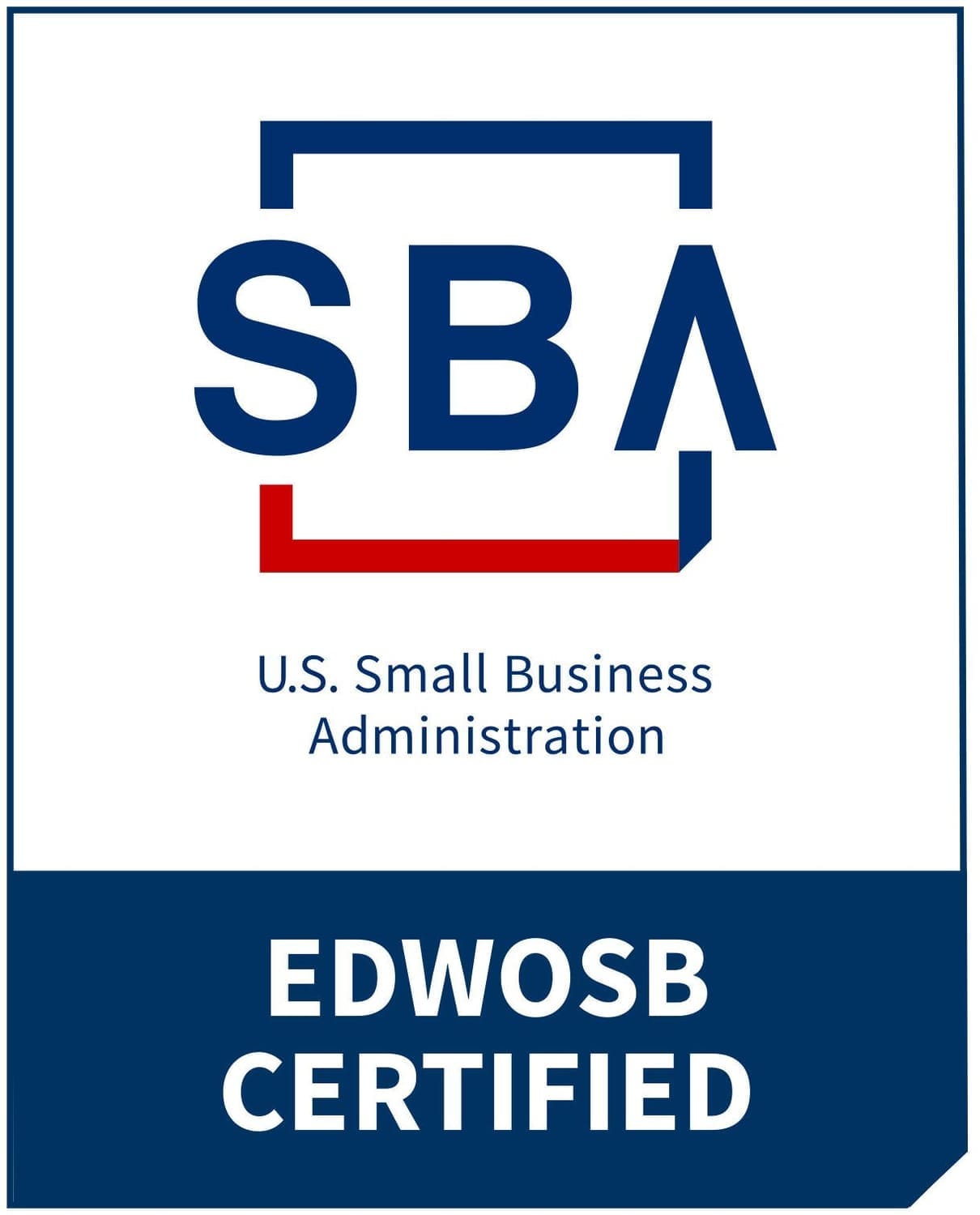
Copyright © 2025
